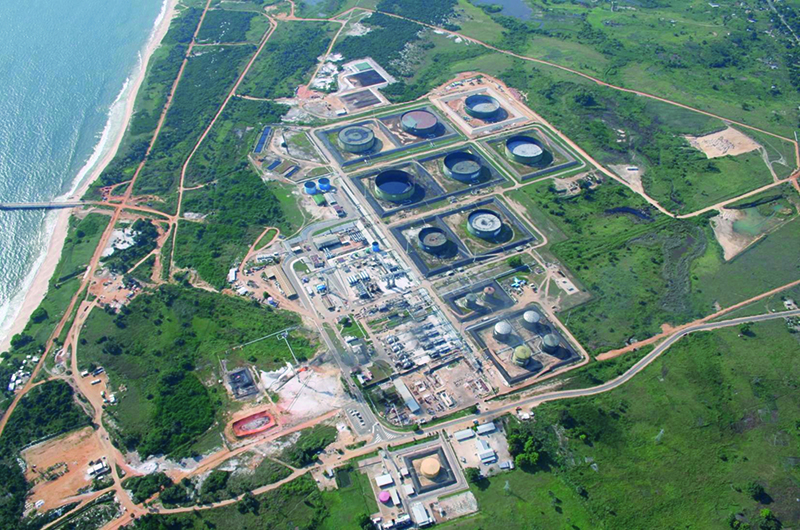Increasing exports and forging international partnerships are key to the sector’s development

Although diversifying away from oil-dependency, the country remains keen on attracting investment and making the most of the opportunities that the oil and gas sector provides. With 62% of the country’s economy based on oil, increasing efficient exploitation remains a lucrative business while developing the customer base for related products also offers opportunities for international investors.
Deepwater sites have been explored and rigs constructed, and the Central African nation is also home to large oil sands deposits, with foreign companies including Italian outfit Eni recently exploring the feasibility of extraction, which could mark the first such project in Africa. A deepwater port and investment in maritime infrastructure is turning the country into the gateway to the Central Africa region and also provides an outlet for its oil and gas-related products to reach new markets.
With around 80% of its fiscal revenues relying on oil and gas, the sector remains a key element for the country’s future and attempts to increase international partnerships are growing. Nearly 85% of the Republic of the Congo’s exports to the U.S. are derived from oil, and there are ongoing explorations of new areas to tap resources from. At the same time, logistical developments across the country are increasing the number of destinations for a growing number of hydrocarbon-related products making their way to markets around the world.
0 COMMENTS